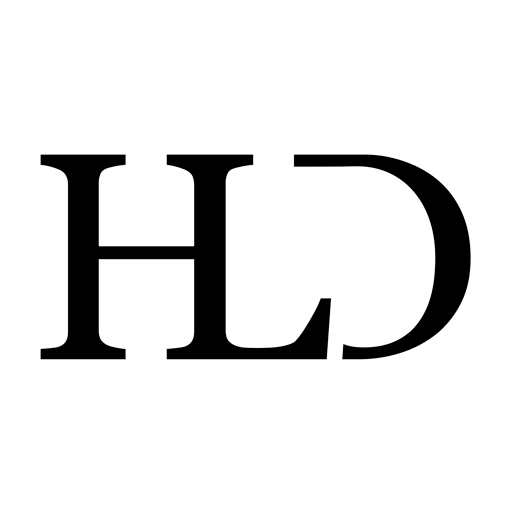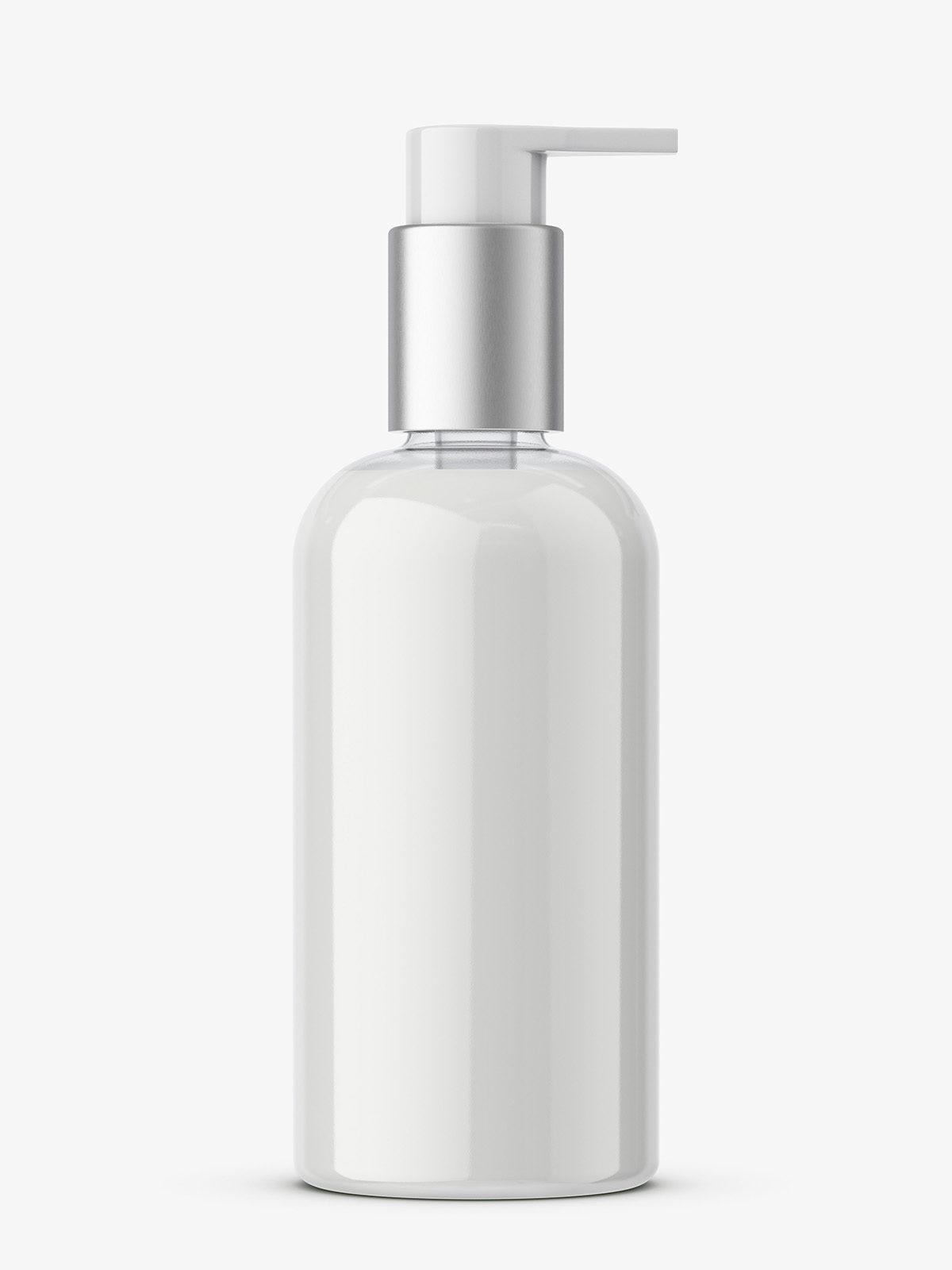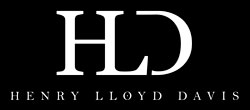- So, you an employed physiotherapist who travels with the South Australian Men’s and Mixed Netball Championships to the Gold Coast for a week. You didn’t get paid but you did pay for food, travel, and tubs full of that magical cream that gets really hot when you rub it on things… are all these expenses deductible?
8-1 and Assessable Income
- Section 8-1 of the ITAA 1997 allows a deduction for all losses and outgoings to the extent to which they are incurred in gaining or producing assessable income except where the outgoings are of a capital, private or domestic nature, or relate to the earning of exempt income.
- Taxation Ruling TR 95/9 discusses the deductibility of expenses incurred by employees engaged in the legal profession. This ruling recognises that for an expense to be deductible it must first meet the deductibility tests. They are as follows;
- It must have the essential character of an outgoing incurred in gaining assessable income or an income producing expense;
- There must be a nexus between the outgoing and the assessable income so that the outgoing is incidental and relevant to the gaining of assessable income; and
- It is necessary to determine the connection between the particular outgoing and the operations or activities by which the taxpayer most directly gains or produces his or her assessable income.
- If you don’t get paid for your work, then it is unlikely that you would clearly meet these deductibility tests as you have not met the requirement that the expenses must lead you to producing assessable income.
Self-Education
- Well you didn’t earn an income from the trip but you sure did learn something! Netball is a sport fraught with injuries. You were the first on the scene when your team’s GA ran into the umpire and sprained their ankle. You managed their injury with the view to getting them back onto the court as fast and as safely as possible. You also took steps to reduce the possibility of future injury to those with pre-existing injuries and the team in general. All that learning has got to count for something, right?
- F.C. of T. v. Lacelles-Smith 78 ATC 4162 Waddell J. said at p. 70:
Generally speaking, it seems to me, a taxpayer who gains income by the exercise of his skill in some profession or calling and who incurs expenses in maintaining or increasing his learning, knowledge, experience and ability in that profession or calling necessarily incurs those expenses in carrying on his profession or calling.’
- As Hill J. noted in Studdert (at 5015), the remarks of Windeyer J. in Finn went beyond those of Dixon CJ. and Kitto J. His Honour said (at ATD 352; CLR 70):
Generally speaking, it seems to me, a taxpayer who gains income by the exercise of his skill in some profession or calling and who incurs expenses in maintaining or increasing his learning, knowledge, experience and ability in that profession or calling necessarily incurs those expenses in carrying on his profession or calling. Whether he be paid fees by different persons seeking his skilled services from time to time, or be paid a regular salary by one person employing him to exercise his skill, matters not, in my opinion…. Outgoings incurred for the genuine purpose of acquiring or maintaining knowledge and skill in a vocation do not become an outgoing `of a private nature’ simply because the taxpayer got pleasure and satisfaction in increasing his knowledge and attainments.”
- So long as the trip benefits your current employment as a physiotherapist the self-education won’t come at a point too soon. If however, you are not currently employed and the experience will give you that necessary step up to apply for say the AIS then the expenses are probably not deductible as they occur at a “point too soon”. The decision of the High Court in FC of T v. Maddalena 71 ATC 4161; (1971) 2 ATR 541 establishes the principle that no deduction is allowable for self-education expenses if the study is designed to enable a taxpayer to get employment or to obtain new employment. Such expenses are incurred at a point too soon to be regarded as incurred in gaining or producing assessable income.
Private Expenses
- You cannot claim a deduction for expenditure that is of a private or domestic nature. Such expenditure does not have the necessary essential character of an outgoing incurred in gaining your assessable income, even if there is a connection between that expenditure and your income earning activities.
- If the purpose in incurring the cost is the attendance at the conference, seminar or training course and the existence of any private activity is merely incidental, the cost is fully deductible. If the attendance at the conference, seminar or training course is only incidental to a private activity (e.g., a holiday) then only the costs directly attributable to the conference, seminar or training course are an allowable deduction. The cost of accommodation, meals and travel directly relating to the private activity is not allowable under section 8-1 of the Act.
- In Case T78 86 ATC 1094 the Administrative Appeals Tribunal allowed a deduction to a barrister for airfares to attend a work-related course. However, his claim for travel insurance was found to be expenditure of a private and domestic nature and therefore not deductible. Travel insurance policies invariably cover items that are generally private in nature. For example illness, loss of baggage and theft or damage to belongings.
- The expenses associated with acquiring passports relate primarily to the taxpayer’s personal right to travel to any overseas destination. They closely parallel the costs associated with obtaining a driver’s licence, which were characterised as being of a private nature (Case P55 82 ATC 253; 25 CTBR (NS) 824 Case 117). Thus, expenditure in obtaining a passport is generally private in nature. It should be noted, however, that the costs of certain employment visas may be deductible.
- A deduction is not allowable for the cost of items bought for personal use, such as cosmetics, shaving equipment, deodorant, hair products, hair nets, clips and bobby pins, stockings and sunscreen. These expenses are private in nature. The character of these expenses is not altered by any requirement that the items be purchased as a condition of employment (see Cooper’s case discussed in paragraphs 31 and 32).
Travel and Accommodation
- If you flew to the Gold Coast and then flew straight home your air travel is deductible as stated in paragraph 89 of TR 98/9.
- On the other hand, if you decided to stay an extra week then you will need to apportion your flights. Travel expenses relating to the attendance at conferences, seminars and other work-related events are deductible to the extent that they relate to your income-producing activities. You will need to apportion your travel expenses where you undertake both work-related and private activities. So if you were working for a week during the competition and then decided to stay on for a week after the competition then you would need to apportion your airfares. You need to apportion it in a way that is fair and reasonable. So if you worked a week and then stayed an extra week then a reasonable apportionment would be 50/50.
Food + Accommodation
- Where a taxpayer is away from home overnight in connection with a self-education activity, accommodation and meals expenses incurred are deductible under section 8-1. These expenses must be a necessary cost of participating in the tour or attending the conference, the seminar or the educational institution. The tax office does not consider such expenditure to be of a private nature because its occasion is the taxpayer’s travel away from home on income-producing activities. Unfortunately if you stay for an extra week for a holiday then your accommodation and meals will not be deductible.
Magic Cream
- DeepHeat, tape and bandages you may have used during your trip are deductible as expenses. Taxation Ruling TR 95/14 addresses employee teachers’ allowances, reimbursements and work-related deductions and deals with deductions for work related expenses generally claimed by teachers. Although you were not a teacher, the principles set out in this ruling can still be applied to your circumstances.
- Paragraph 205 of TR 95/14 states that a deduction is allowable if an employee teacher purchases teaching aids to be used in the course of carrying out the duties of employment and that expenditure is not of a private, domestic or capital nature. The items purchased must have a direct and relevant use in carrying out those duties.
- In your circumstances DeepHeat, tape and bandages are likely to be deductible if not used for personal use. Now if a tub of Deep Heat costs $10 and you used half a tub, then you can claim $5 (you will need to apportion these items).
Leave a Comment Cancel Comment
Search
Latest Post
-
 Narumon Pty Ltd (2018) QSC 185
March 1, 2022
Narumon Pty Ltd (2018) QSC 185
March 1, 2022
-
 Munro v Munro [2015] QSC 61
March 1, 2022
Munro v Munro [2015] QSC 61
March 1, 2022
-
 Ioppolo v Conti [2013] WASC 389
March 1, 2022
Ioppolo v Conti [2013] WASC 389
March 1, 2022
Most Commented
-
 COVID-19 Business Hardship Grant
5 Comments
COVID-19 Business Hardship Grant
5 Comments
-
 Trust Basics
4 Comments
Trust Basics
4 Comments
-
 7 Things you need in your Standard Terms of Trade
2 Comments
7 Things you need in your Standard Terms of Trade
2 Comments
Categories
- Articles (16)
- Uncategorized (13)
Popular Tags
Archives
- March 2024 (2)
- May 2023 (2)
- March 2022 (6)
- February 2022 (6)
- January 2022 (5)
- November 2021 (1)
- October 2021 (1)
- September 2021 (2)


